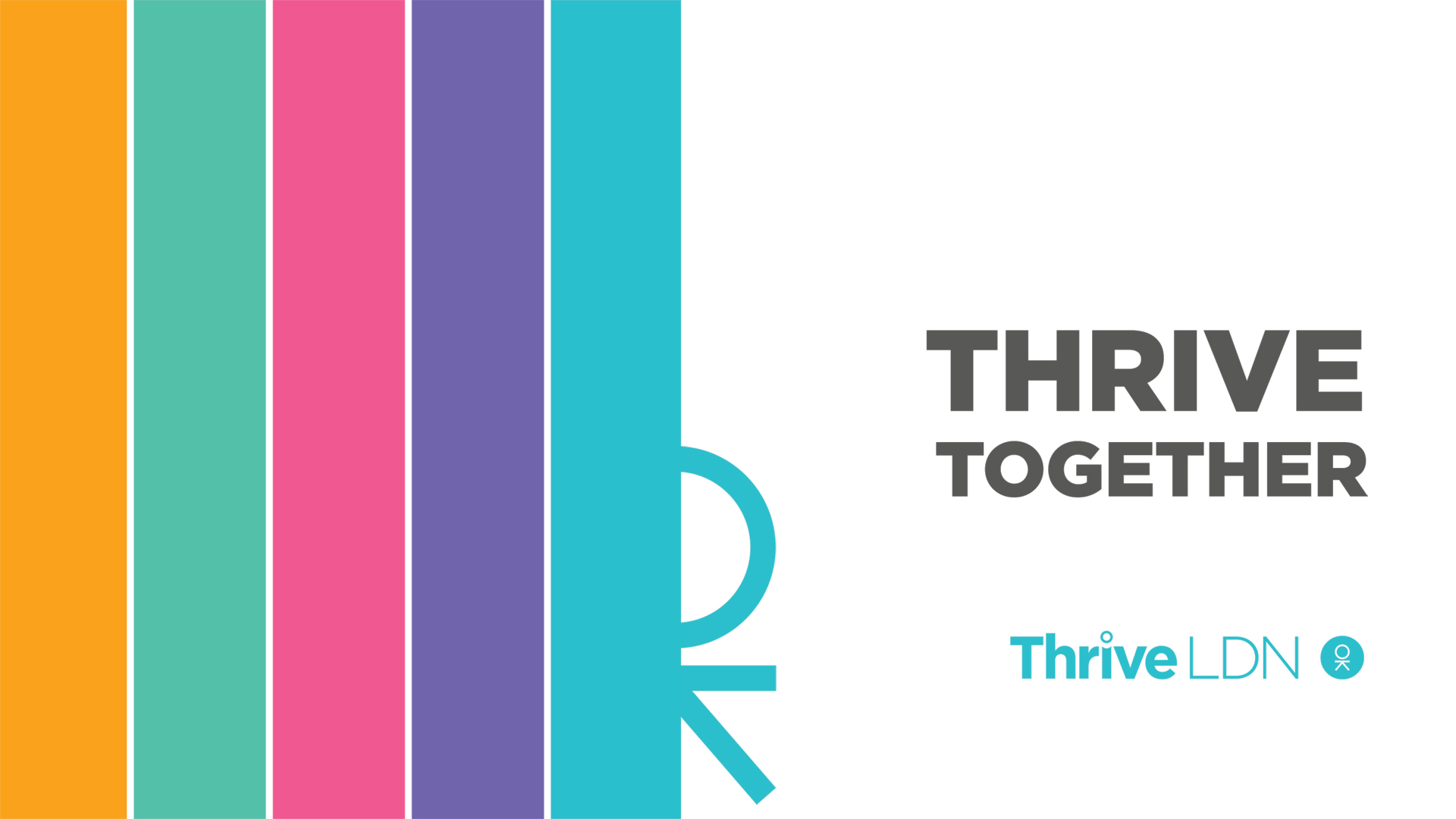
Thrive Together: lessons from the most challenging year of Londoners' lives
Here we begin to explore the emerging themes from the responses, engagement and submissions to our community insights.
Here we begin to explore the emerging themes from the responses, engagement and submissions to our community insights.

The coronavirus (COVID-19) pandemic is affecting our social, economic and family lives dramatically – both now and in the longer term.
There is growing evidence that the pandemic has widened pre-existing inequalities. For many communities, the coronavirus pandemic is the latest crisis event in a crisis trend – a steadily worsening series of situations they face. Yet there remains a lack of representativeness and detail on the lived experiences and needs of disadvantaged communities in London.
To address this, Thrive LDN has undertaken a period of community engagement to capture the experiences of Londoners during the pandemic. Our work has particularly focused on those who have been disproportionately impacted by the coronavirus crisis.
This work is not meant to be comprehensive or definitive, we need to further understand more about the intersectional nature of issues communities face, the impact of cumulative stressors over time and the systemic action needed to address them. Thrive LDN will continue to work with communities to iterate, listen and develop ways of supporting Londoners.
Here, we begin to share and explore the emerging themes from the responses, engagement and submissions to our community insights. Specifically highlighting the themes around racism, discrimination, the digital divide, and community and social networks.
Download all of the articles here (PDF)
Racism
Overall, the pandemic is having a devastating impact on black, Asian and minority ethnic communities.
The risk of COVID-19 infection for Londoners from black, Asian and ethnic minority (BAME) communities is notably higher than white Londoners, and according to the Office of National Statistics, an estimated fourfold higher risk of dying. Evidence is growing that economic hardship and mental health issues arising from the pandemic are also disproportionately affecting people from these communities.
Discrimination
Many Londoners entered the pandemic already disadvantaged.
Thrive LDN and partners view diversity as not just an added extra, but one of our most valuable assets of our city. However, evidence and insights gathered from Londoners has shown that huge variation exist in terms of both experiences and outcomes, depending on who you are. Some groups experience a heavier negative impact because of the structural and everyday racism, ageism, homophobia, transphobia and discrimination that are a central component of their lives.
A digital divide
Coronavirus has seen much of our life – work, shopping, socialising, education – move online.
But for some Londoners access to the internet is not easy and this ‘digital divide’ risks leaving already marginalised people even further behind. This matters because services are often digital by default. Digital exclusion means that people are missing out on a wide range of advantages.
About Thrive LDN's community insights and research
The impact of COVID 19 on Londoners’ men
Since March 2020, Thrive LDN has been coordinating the public mental health response to the coronavirus pandemic on behalf of Public Health England London and wider partners, with the aim of ensuring London’s diverse communities have the strength and resilience to cope with and overcome unprecedented events.
As part of our role, we produce regular working papers summarising the known impact of COVID-19 on Londoners’ mental health and wellbeing, implications for response and recovery planning, and suggested actions we take – locally, sub-regionally and regionally – to address immediate and anticipated future needs.
This work includes extensive community engagement and participatory action research with communities that are disproportionately at risk of poor outcomes in order to improve the representativeness and granularity of available information. To date, Thrive LDN has engaged with over 200 community groups and organisations and listened to over 10,000 Londoners with a view to understanding more about the experiences of 20 disproportionately at risk communities.
Whist this work is ongoing, an initial summary of findings and suggested actions can be found here. The above articles we hope delve into the emerging themes in more detail to complement our initial report.